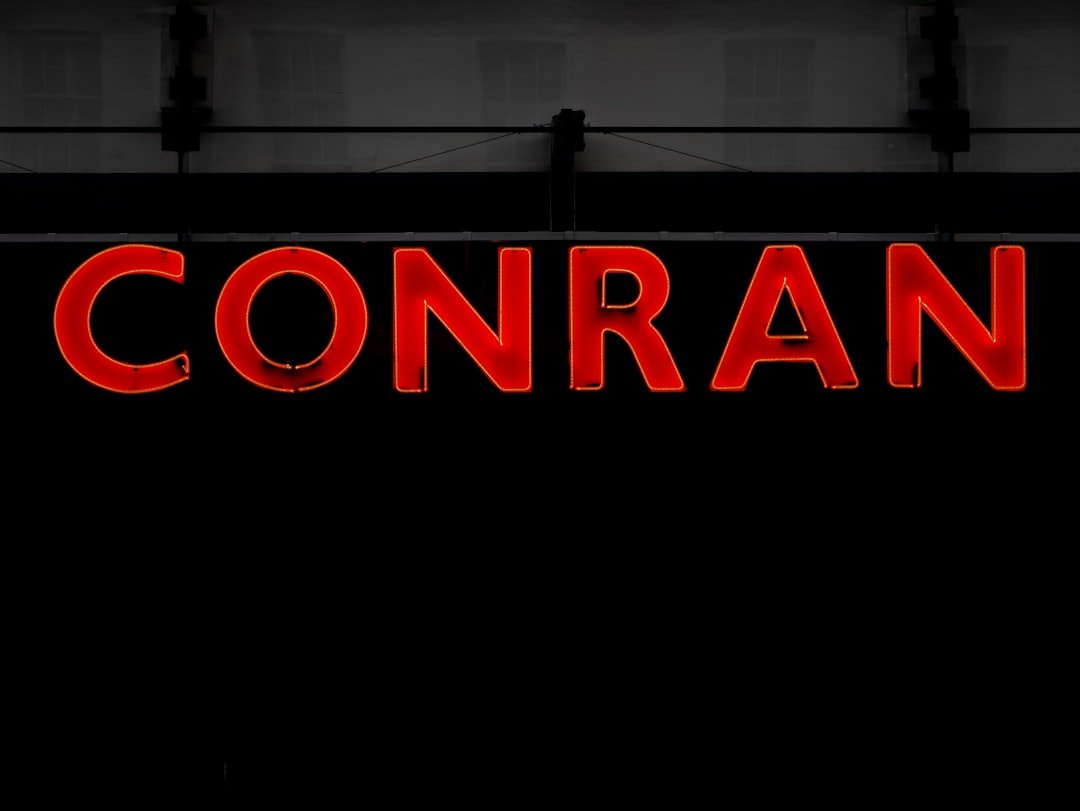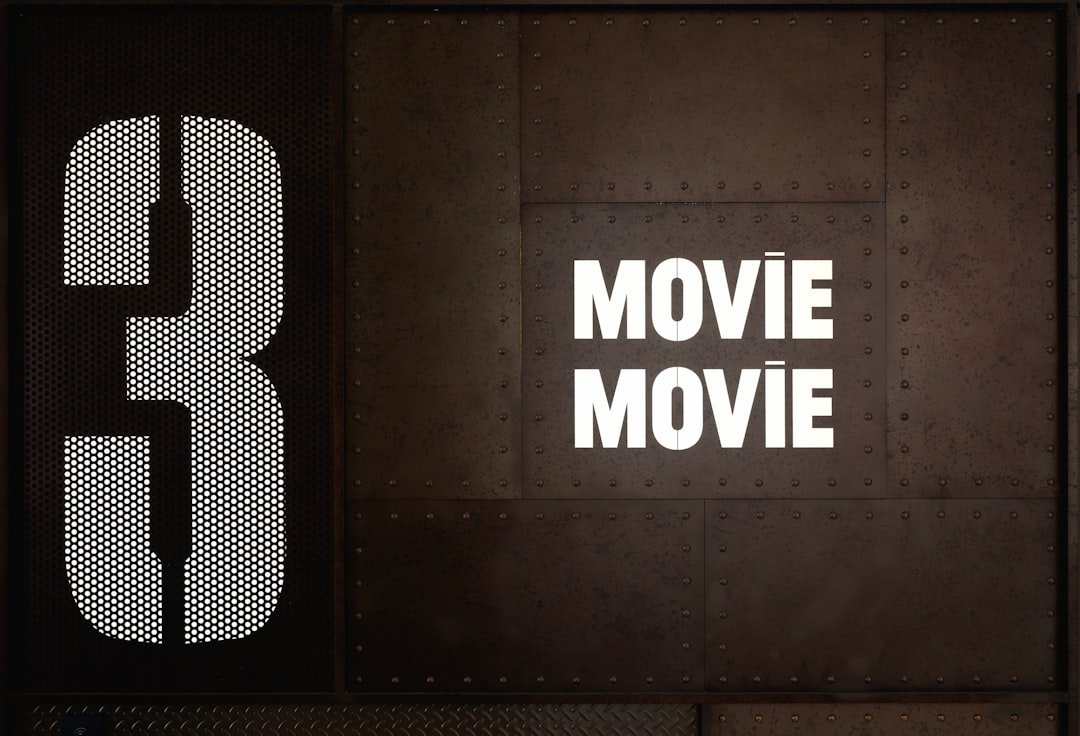Landing your dream job often hinges on acing the interview. While the specific questions can vary widely depending on the role and company, many common interview questions reappear time and again. This comprehensive guide equips you with the knowledge and strategies to confidently tackle these questions and make a lasting positive impression on your potential employer.
Understanding the Interview Process
Before diving into specific questions, it’s crucial to understand the overall interview process. This might involve multiple rounds, including phone screens, initial interviews, technical assessments, and final interviews with senior management. Each stage serves a different purpose, and understanding this will help you tailor your preparation.
Research the company thoroughly. Understand their mission, values, recent news, and their position in the market. This knowledge demonstrates your genuine interest and allows you to ask insightful questions during the interview.
Common Interview Questions and Best Answers
Here’s a breakdown of some common interview questions, categorized for easier navigation, along with strategies for crafting effective answers:
Tell Me About Yourself
This isn’t an invitation to recount your entire life story. Instead, focus on your professional journey, highlighting relevant skills and experiences that directly relate to the position. Structure your answer chronologically, emphasizing key achievements and career progression. Quantify your accomplishments whenever possible (e.g., “increased sales by 15%”).
What Are Your Strengths?
Choose strengths that are directly relevant to the job description. Don’t just list strengths; provide specific examples of how you’ve demonstrated those strengths in previous roles. For example, instead of saying “I’m a hard worker,” say, “I’m a highly dedicated worker, as evidenced by my consistent ability to meet deadlines, even under pressure, as demonstrated in my previous role at [Company Name].”
What Are Your Weaknesses?
This is a tricky question, but it’s an opportunity to showcase self-awareness and a commitment to improvement. Choose a genuine weakness, but frame it positively. Focus on how you’re actively working to overcome that weakness. For example, you could mention a weakness in public speaking and then describe the steps you’re taking (like joining a Toastmasters club) to improve.
Why Are You Interested in This Position?
Clearly articulate why this specific role and company appeal to you. Connect your skills and aspirations to the company’s mission and the role’s responsibilities. Show that you’ve researched the company and understand its goals, and explain how your contributions can help them achieve those goals.
Where Do You See Yourself in Five Years?
This question assesses your ambition and career trajectory. Demonstrate ambition without being unrealistic. Align your long-term goals with the company’s growth potential. You could express your desire to grow within the company, taking on increased responsibility and leadership roles.
Why Did You Leave Your Previous Job?
Answer this question honestly and positively, avoiding negativity about your former employer or colleagues. Focus on opportunities for growth, seeking new challenges, or a better fit for your career goals. Frame your departure as a positive step forward.
Why Should We Hire You?
This is your opportunity to summarize your key qualifications and make a compelling case for your candidacy. Reiterate your relevant skills, experiences, and accomplishments. Emphasize your unique value proposition and what sets you apart from other candidates.
Do You Have Any Questions for Us?
Always have questions prepared! Asking insightful questions shows your engagement and initiative. Prepare questions about the role, the team, the company culture, and future opportunities. Avoid questions easily answered through basic online research.
Preparing for Behavioral Questions
Many interviews will include behavioral questions, designed to assess how you’ve handled past situations. Use the STAR method (Situation, Task, Action, Result) to structure your answers. Clearly describe the situation, the task you faced, the actions you took, and the results you achieved.
Practice Makes Perfect
Practice answering these common questions out loud. Practice with a friend or family member to get feedback and improve your delivery. The more you practice, the more confident and fluent you’ll be during the actual interview.
Conclusion
Thorough preparation is key to a successful job interview. By understanding common interview questions, crafting compelling answers, and practicing your delivery, you significantly increase your chances of landing your dream job. Remember to be yourself, be enthusiastic, and showcase your unique skills and experiences.








